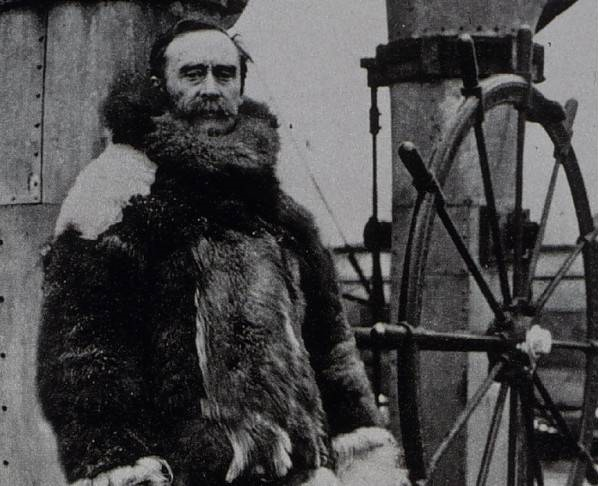2012: The end of Earth’s Arctic Era
By Larry O’Hanlon
6 December 2012 This year’s record ice melts in Greenland and the Arctic ocean aren’t flukes, but confirmation that the Arctic is racing ahead into a new and unknown climate state, said top US climate scientists today. The announcement came with the release today of the 2012 Arctic Report Card, which calls on the expertise of 140 scientists from 15 countries to summarize the state of the Arctic. “If we are not already there, we’re clearly on the verge of seeing a new Arctic,” said Martin Jeffries of the Office of Naval Research. Jeffries and other scientists spoke at a press conference today at the meeting of the American Geophysical Union in San Francisco. Highlights from the 2012 report include record low snow coverage in June and record low sea ice extent in September, a longer growing season with greener tundra, record high permafrost temperatures in northernmost Alaska, longest melt season ever seen on the Greenland ice sheet and a rare, nearly ice sheet-wide melt event in July. What’s more, the thinner sea ice is letting more light through to the water, which is leading to massive phytoplankton blooms in the summer that could mean the productivity at the bottom of the food chain of those waters is ten times what was previously thought. On land the arctic fox is close to extinction in Fennoscandia — the region that includes the Scandinavian Peninsula, Finland, Karelia, and the Kola Peninsula — and falling prey to the larger Red foxes moving north with warmer temperatures. The Arctic fox is also suffering as a result of changes in the lemming cycle, which is an important food source for the small predator. There were even severe weather events including extreme cold and snowfall in Eurasia and two major storms off western and northern Alaska. “2012 has been an astounding year,” said Jason Box, who studies Greenland at the Byrd Polar Research Center at Ohio State University. It was the warmest summer in 170 years, he said, and the vast extent of melting ice seems to indicate something has fundamentally changed. “This year Greenland crossed a threshold. We can expect Greenland to be melting across its entire surface from now on.” […]
